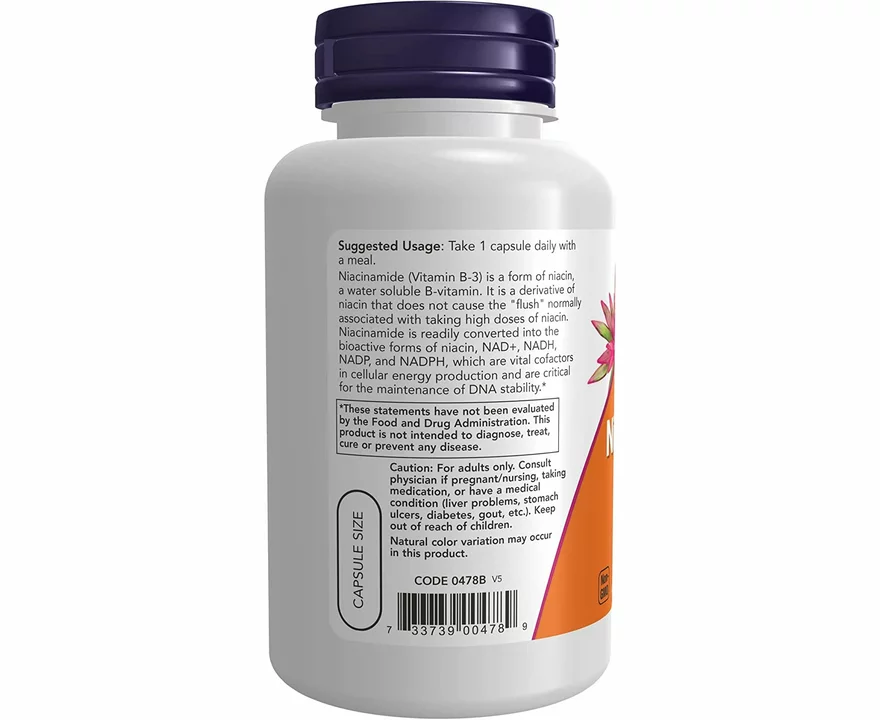Digestion – Quick Guides & Practical Tips
If your stomach feels off, everyday life can get tricky, especially when you're planning a pregnancy. On this page we gather easy‑to‑follow advice about digestion, the usual culprits behind upset tummies, and how common meds might be playing tricks on your gut.
Common Digestion Problems
Most people experience bloating, gas, or occasional constipation. These symptoms often pop up after a heavy meal, too much caffeine, or stress. A simple trick is to chew each bite thoroughly – it helps enzymes start breaking food down right away.
Another frequent issue is heartburn. It usually happens when stomach acid backs up into the esophagus. Raising the head of your bed by a few inches and avoiding large meals before bedtime can cut this in half.If you notice persistent diarrhea or watery stools, it could be food intolerance or an infection. Keep a short diary of what you eat and any symptoms; patterns show up quickly when you write them down.
How Medications Can Affect Your Gut
Many prescription drugs listed on FastIVF can upset digestion. For instance, some antibiotics kill good bacteria along with the bad, leading to a run‑down feeling. Probiotic supplements or yogurt with live cultures help restore balance.
Metformin, often used for diabetes, is notorious for causing nausea and loose stools. Starting at a low dose and taking it with food usually eases those side effects. If you’re on hormonal meds for IVF, they can sometimes trigger mild bloating – staying hydrated and moving around after doses helps.
Even over‑the‑counter pain relievers like ibuprofen may irritate the stomach lining. Switching to acetaminophen or using a protective food (like a small snack) before the pill can keep your gut calmer.
When you’re unsure whether a drug is the cause of digestive trouble, talk to your pharmacist. They can suggest alternatives or add a gut‑friendly supplement to your regimen.
Besides meds, lifestyle changes make a big difference. Aim for at least 30 minutes of light activity daily – walking after meals boosts digestion and reduces bloating. Drinking water throughout the day, not just with meals, keeps things moving smoothly.
Finally, listen to your body. If a certain food repeatedly makes you uncomfortable, it’s okay to cut it out or replace it with something gentler. Your gut health matters for overall wellness and can even influence fertility outcomes.

The Impact of Acetyl-L-Carnitine on Gut Health and Digestion
As a blogger, I've recently discovered the incredible impact Acetyl-L-Carnitine has on gut health and digestion. This powerful amino acid plays a crucial role in breaking down fatty acids, which in turn, helps improve overall gut function. I've learned that incorporating Acetyl-L-Carnitine into my diet has not only improved my digestion but also enhanced my overall gut health. It's fascinating to see how this amino acid can make such a significant difference in our well-being. I highly recommend looking into Acetyl-L-Carnitine for anyone experiencing gut-related issues.